Carefully observe the given diagram and answer the following questions.
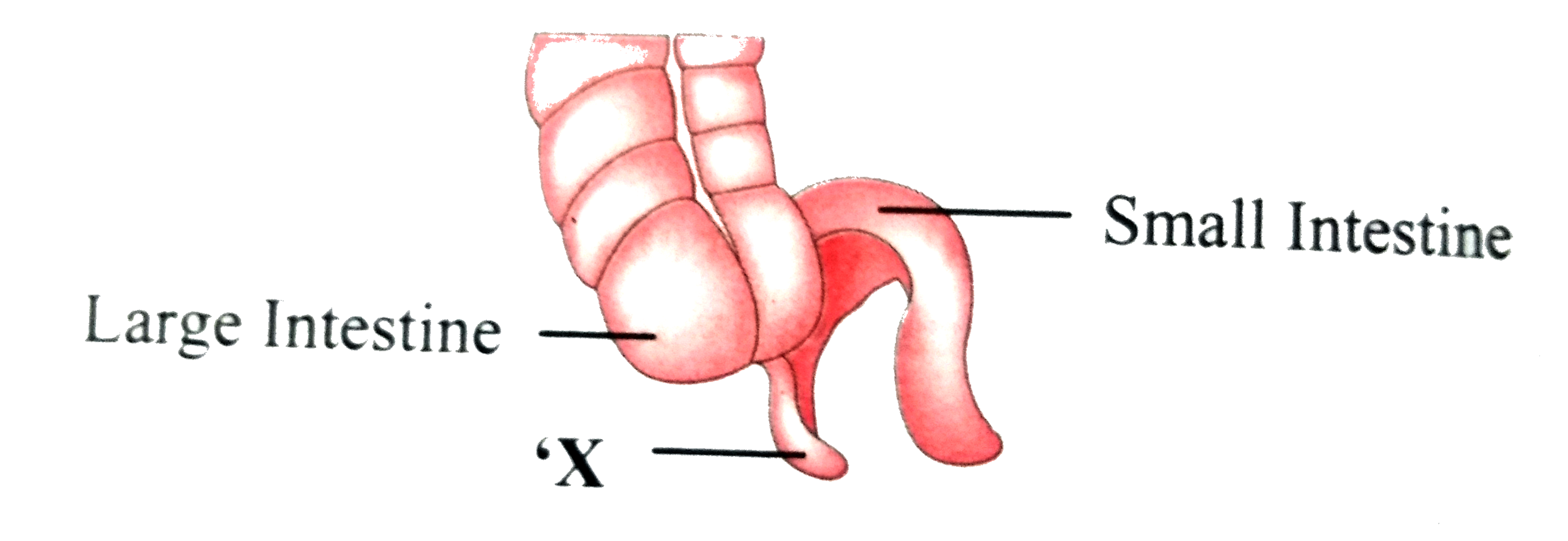
Mention any other two examples of such organs in humans.Solution in Marathi
Other examples of vestigal organs in humans are wisdom tooth, coccyx, body hairs, muscle of ear pinna, etc.
Topper's Solved these Questions
- HEREDITY AND EVOLUTIONBook:TARGET PUBLICATIONChapter:HEREDITY AND EVOLUTIONExercise:QUESTIONS BASED ON PARAGRAPH
Explore 1 Video
- HEREDITY AND EVOLUTIONBook:TARGET PUBLICATIONChapter:HEREDITY AND EVOLUTIONExercise:APPLY YOUR KNOWLEDGE
Explore 14 Videos
- HEREDITY AND EVOLUTIONBook:TARGET PUBLICATIONChapter:HEREDITY AND EVOLUTIONExercise:COMPLETE THE GIVEN CHART/TABLE
Explore 1 Video
- CELL BIOLOGY AND BIOTECHNOLOGY Book:TARGET PUBLICATIONChapter:CELL BIOLOGY AND BIOTECHNOLOGY Exercise:Apply your knowledge
Explore 42 Videos
- INTRODUCTION TO MICROBIOLOGY Book:TARGET PUBLICATIONChapter:INTRODUCTION TO MICROBIOLOGY Exercise:CHAPTER ASSESSMENT
Explore 18 Videos
Similar Questions
Information about protein synthesis is stored in the DNA. Proteins are synthesized by DNA through RNA. This is also known as the central dogma of life. The nucleotide sequences of the mRNA produced are complementary to the DNA strand that is uded as the template for synthesis. This process of synthesis of RNA from DNA is known as transcription. The code for each amino acid consists of three nucleotides (triplet codon) that are present on the mRNA. The tRNA has an anticodon sequence complementary to the cofon on the mRNA. During translation, the code on mRNA is read nad respective amino acids brought by tRNA are joined together by peptide bonds. Based on the given paragraph, answer the followig question:
i. If 3'-AACGT-5' is a sequence of the template DNA strand, what would be the nucleotide sequence of the corresponding mRNA synthesized from it?
ii. What is the difference in nitrogeneous bases of DNA and RNA?
iii. Which enzyme woud be required for the synthesis of RNA from DNA during transcription?
iv. How many amino acids can the following mRNA sequence code for ?
5'-UUCAGCCGUGUCAUU-3'
v. What is the function of mRNA in translation?
View SolutionAnswer in short:
Which component of the cellular nucleus of living organisms carries hereditary characters?
View SolutionComplete the following diagram
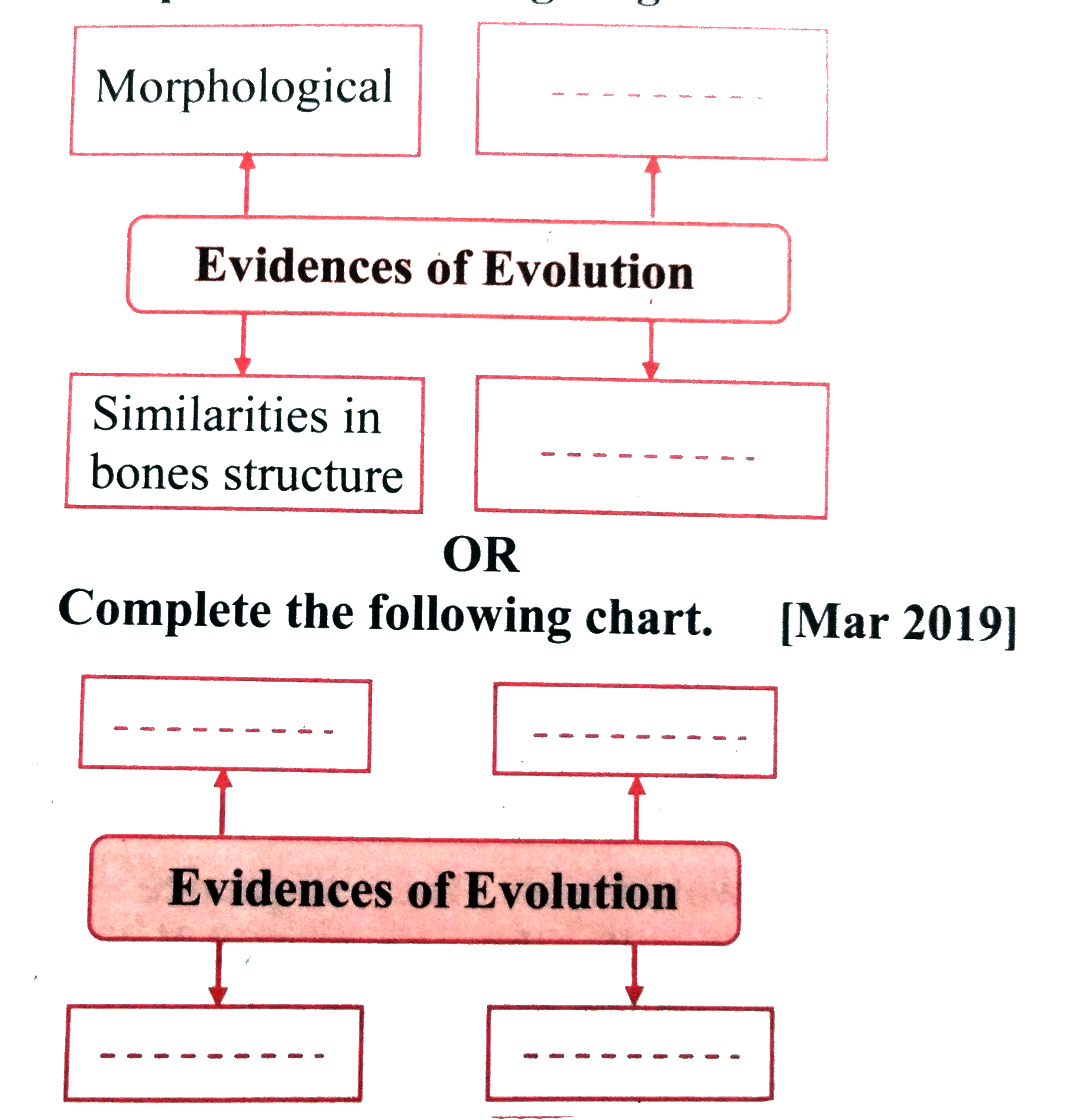
View SolutionWhat is cell?
View SolutionWhich of the following causes rise in dough while making bread ?
View SolutionCarefully observe the given diagram and answer the questions related with it: Identify 'a' and state the function of it.
View SolutionCarefully observe the given diagram and answer the questions related with it: Where is information stored in brain ? Mention its alphabet.
View SolutionCarefully observe the given diagram and answer the questions related with it:
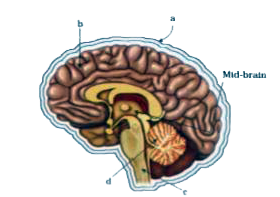
State any two functions of part 'd'.
View SolutionCarefully observe the given diagram and answer the questions related with it:

State any two functions of 'b'.
View SolutionCarefully observe the given diagrams and give answer of following questions :
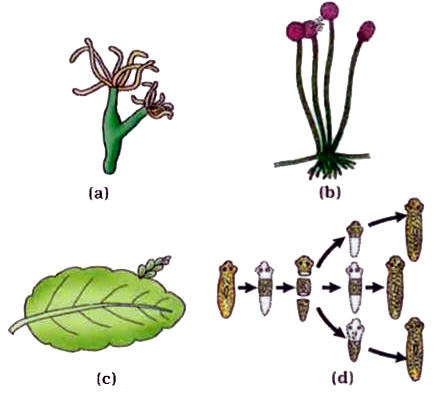
Identify organisms (a), (b), (c), (d) and write their names.
View SolutionCarefully observe the given diagrams and give answer of following questions :
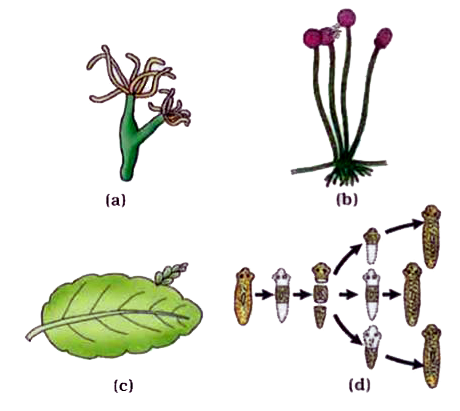
Give names of biological processes seen in all the four diagrams.
View SolutionCarefully observe the given diagrams and give answer of following questions : How is this biological process useful for organisms?
View SolutionCarefully observe the given diagram/chart and answer the questions based on it. Write any two uses of solar cells for space science.
View SolutionCarefully observe the given diagram and answer the following questions.
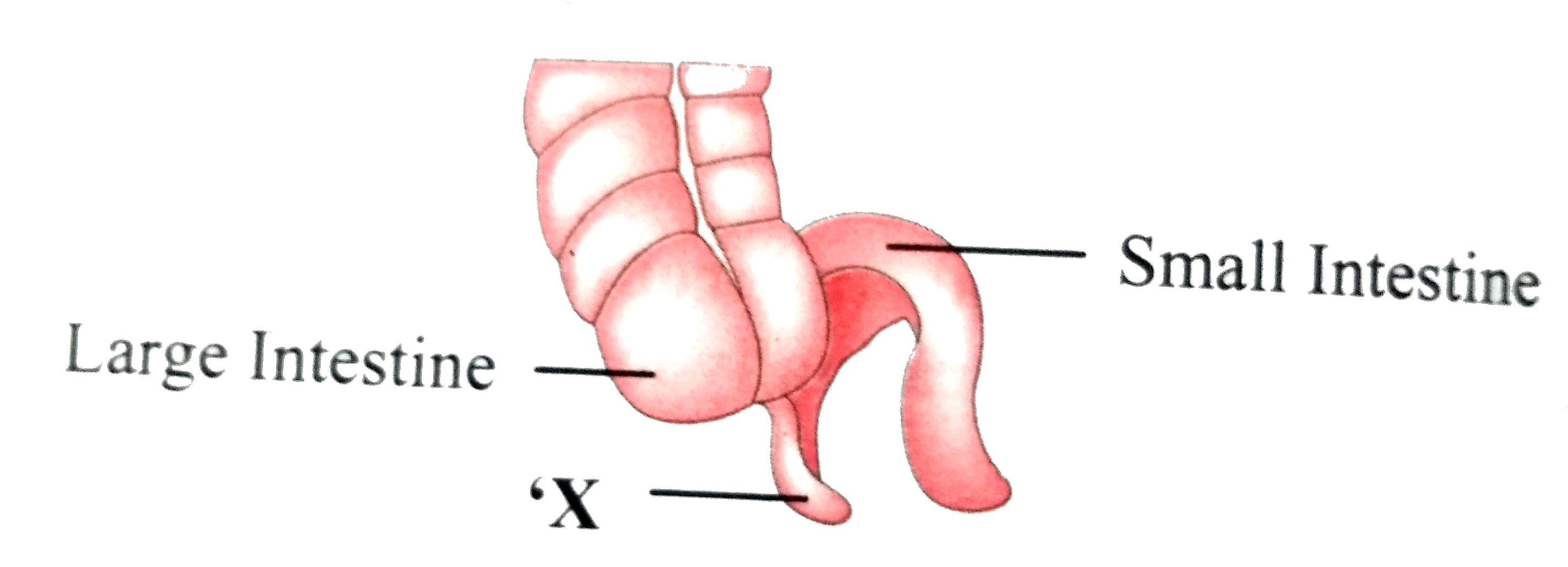
What type of organ is shown in the given diagram?
View SolutionObserve the given figure and answer the questions.
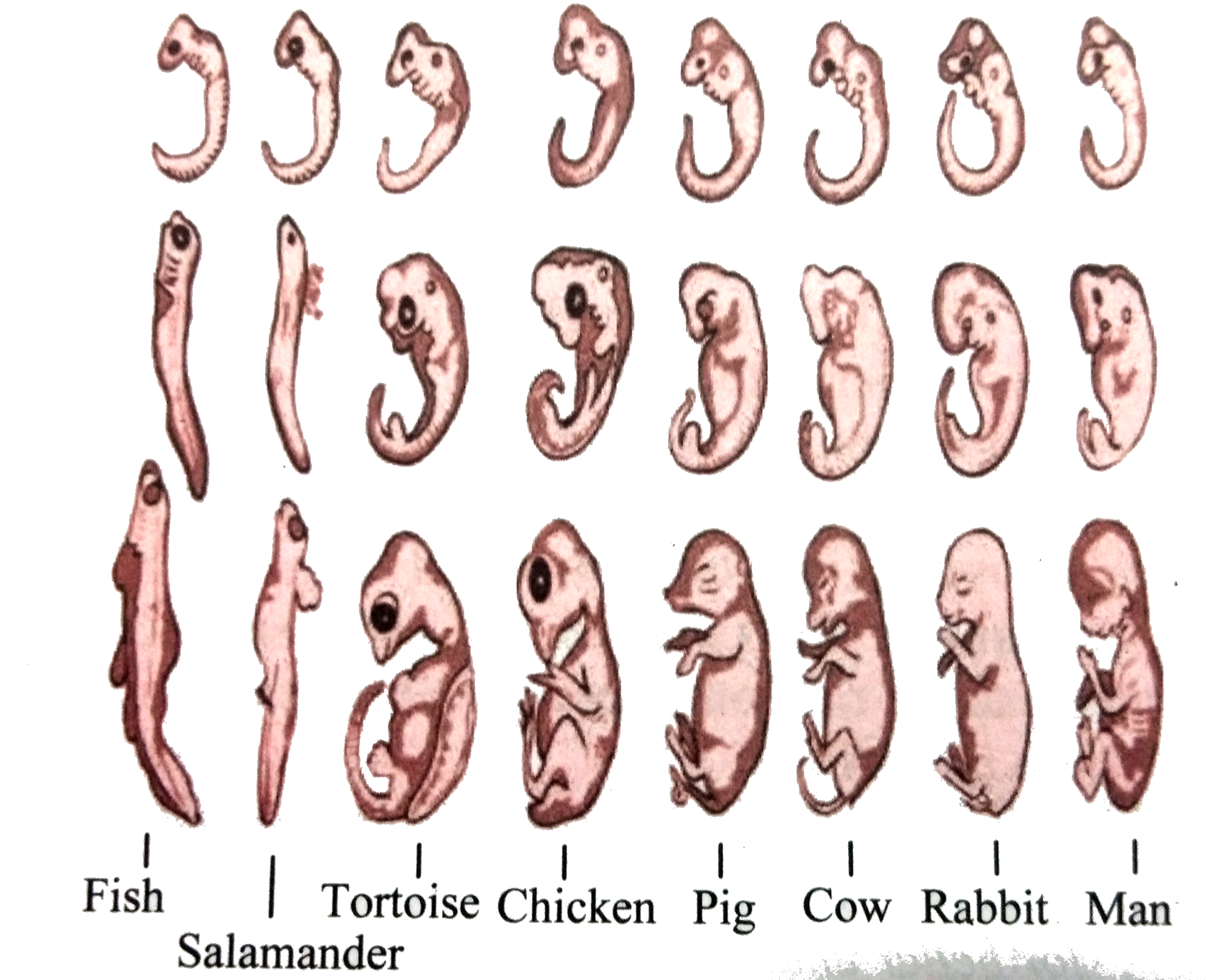
Mention any two other evidence of evolution.
View Solution

